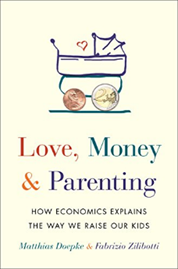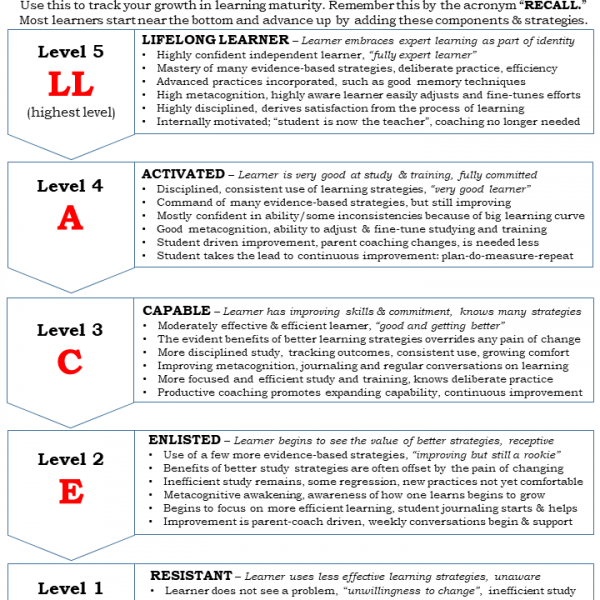
Helicopter Parenting and Learning – is This Right for You?

Reading time: 8 minutes
How Much Involvement is Best?
This research should resolve the long-running debate about “how much parental involvement is ideal?” It validates the use of highly involved parenting.
A question you probably ask yourself as a homeschooling parent is, “how much is too much?” It’s those annoying stereotypes of the “helicopter parent” or the “tiger mom” that may be bothering you. Who wants to be a stereotype anyway?
So the better question should be this –
Are there optimal limits to my involvement in my child’s growth and education?
Since you have chosen to be highly involved in your child’s education, this is a reasonable question to consider. What is best for my child?
At the Center for Homeschooling, we advocate that you get actively involved guiding and coaching your child’s use of independent study strategies and habits. In addition to your teaching, along with your parenting, does it make sense to get this involved? Is it too much?
No, it’s not too much, and here’s why.
Get Involved
 We’ve looked at the research and it suggests not only is your involvement appropriate, it is something you need to do if you want your child to become a passionate lifelong learner. The goal of developing a lifelong learner in your child will likely not happen without this.
We’ve looked at the research and it suggests not only is your involvement appropriate, it is something you need to do if you want your child to become a passionate lifelong learner. The goal of developing a lifelong learner in your child will likely not happen without this.
New research shows that in our new highly competitive economy, where there will be winners and losers in terms of those who have better learning skills, that highly involved parenting is essential to giving your kids the advantages that they will need to be successful as adults.
We believe this helps validate your reasons for homeschooling.
That’s the message of the book “Love, Money and Parenting: How Economics Explains the Way We Raise Our Kids,” by the economists Matthias Doepke of Northwestern University and Fabrizio Zilibotti of Yale. It’s true that high-octane, hardworking child-rearing has some pointless excesses, and at times it doesn’t spark joy for parents, or kids. But done right, it works for kids, not just in the United States, but in developed countries around the world.
Authoritative is Best
“The most effective parents, according to the authors, are “authoritative.” But – what does this mean?
It is important to note that the most effective parents are directive only to a point, beyond which they use reasoning to persuade kids to do things that are good for them. This is especially true for activities where the child will be operating independently beyond your direct supervision, such as independent study.
Here, instead of trying to foster strict obedience, Doepke and Zilibotti say “they emphasize adaptability, problem-solving and independence — skills that will help their offspring in future workplace situations that can’t even be imagined yet.”
If you want your child to have mastery of evidence-based study strategies and methods, you will need to convince him or her that this is in their personal best interests and something important that can help them reach their own passions and aspirations, not those of you the parent.
Then you get involved in helping them as a supportive coach.
Emphasize the Vision of an Exciting Future
This is why we emphasize in our online courses the importance of cultivating your coaching and helping skills. These will help you promote for your child a “vision of an exciting future” where the child can see the many possibilities when they realize they have the skills to learn anything that want to.
Once the child incorporates the importance of powerful learning into this vision of their own desired future, it becomes worthwhile for them to commit the time and effort to learn how to study smarter. There’s more detail on how to do this in lesson 5 of our Pa 10 Learning Power course.
To summarize, while authoritarian parenting seems to be more effective, you have to recognize its limits. You can’t make your child study smart, in the end, what you can do is create the conditions where they want to. It has to be important to them. You pave the way through ongoing coaching conversations. It’s involvement of a different kind.
The competencies of metacognition, planning, and actively using evidence-based strategies are the sorts of things that you need to encourage as this “parent coach.” A great forum for learning how to do these begins within the large amounts of discretionary time your child will eventually spend with independent study. This is where you will encourage experimentation in better strategies together in what we like to call as “self-scientists.”
If you can, it’s better to start the emphasis on smart study early. The habits and skills you encourage over time will serve your child for the rest of his or her life.
If you want to learn more about how to do this, sign up for our Pa 10 course – Improve Your Child’s Learning Power. You can make this happen!






